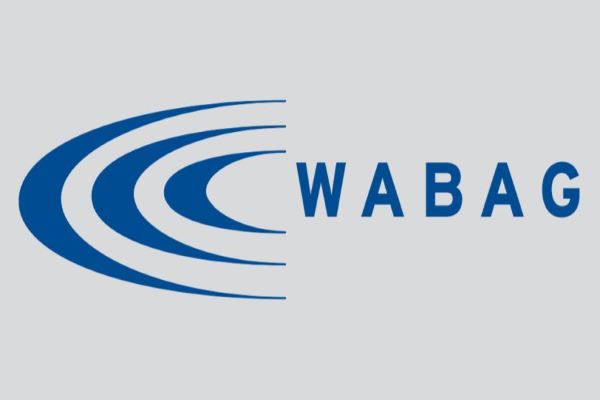
India, with 18% of the world’s population but only 4% of its water resources, faces significant challenges in ensuring water security for citizens and industries alike. Ambitious initiatives and innovative solutions spearheaded by the Government of India, alongside leading water companies like Wabag, are paving the way towards a water-resilient future. Nonetheless, the prevailing drought-like situations demand serious introspection from all stakeholders.
“The focus has traditionally been on surface and groundwater, comprising only 3% of the world’s fresh water sources, while the remaining 97% largely goes unnoticed. Additionally, if we exclude glaciers and permafrost, the available fresh water for consumption becomes severely limited. Despite this reality, the myth of water being an infinite resource persists,” says Rajiv Mittal, CMD, VA Tech Wabag Ltd.
The agriculture sector in India is the largest consumer of water, accounting for over 90%, followed by the domestic and industrial sectors. India ranks among the most water-stressed nations globally, with per capita water availability decreasing due to population growth. Presently, 54% of India faces high to extremely high water stress, with 16% of the country being drought-prone, impacting over 50 million people and 68% of the sowing area.
Mittal adds, “It’s imperative to explore opportunities to manufacture water from alternative sources that are perennial and easily accessible.”
Coastal India, spanning over 7500 KM, presents an immediate alternative with abundant seawater. Desalination emerges as a Viable, Reliable, Sustainable, and Affordable alternative water source.
“We have always believed and advocated that ‘Water is too precious to be used just once. With ample opportunities to treat, recycle, and reuse water, discharging water after a single use is unacceptable. It’s time to recognize the value of water and cease treating it as an infinite resource,” Mittal.
Water reuse and recycling are gaining momentum as essential strategies to maximize water resources. Policies such as the Safe Reuse of Treated Water (SRTW), adopted by several states, further contribute to water security by promoting the widespread and safe reuse of treated wastewater.
“In our mission to turn a liability into an asset and emphasize the value of wastewater, we stand ready to enable the world to benefit from manufactured water. We are just steps away from converting secondary treated water into high-quality water that is safe, clean, and affordable for human, industrial, and agricultural consumption,” says Mittal.
Wabag, a global leader in water and wastewater management, has been at the forefront of India’s efforts towards water security. Over the last 2.5 decades, WABAG has played a pivotal role in India’s water and environmental sector. With achievements such as desalinating 1.3 million m3 of water per day, treating 27 million m3 of wastewater per day, and reducing 630 tonnes of greenhouse gas emissions per day, WABAG exemplifies its commitment to environmental sustainability and water security.




















